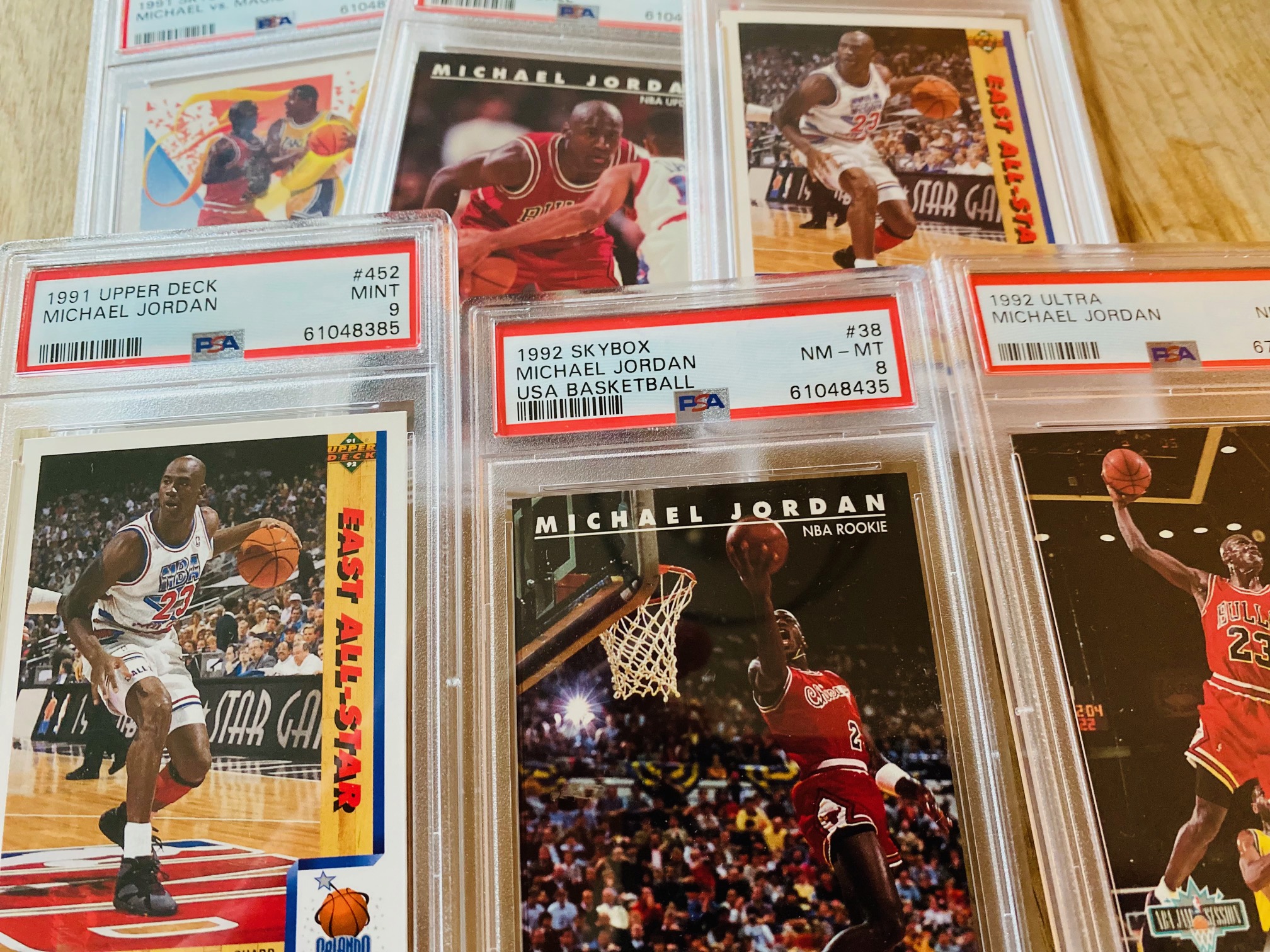
Graded Trading Cards: Balancing Authenticity and Value
In recent years, the market for graded trading cards has experienced an exponential surge in popularity. These encapsulated cards, assigned a professional grade by reputable grading companies, offer collectors and investors a sense of security and assurance regarding the card’s condition and authenticity. However, with concerns about the ease of faking graded cards, one may wonder why these items still command such high prices. In this article, we delve into the reasons behind the significant value attributed to graded trading cards, despite the risks associated with counterfeiting.
The foremost reason for the high value of graded trading cards is the authentication and quality assurance provided by reputable grading companies. These companies employ experts who thoroughly examine the cards, assessing their condition, authenticity, and overall grade based on specific criteria. The grading process includes scrutinizing factors such as corners, edges, centering, surface condition, and print quality. By encapsulating cards in tamper-evident holders, grading companies offer a level of confidence to collectors and investors that the card is genuine and accurately graded.
Graded trading cards provide superior protection and preservation compared to ungraded cards. The encapsulation of the card in a sturdy holder shields it from potential damage caused by handling, moisture, and other environmental factors. This preservation aspect is particularly appealing to collectors who intend to maintain the card’s condition over time or view it as a long-term investment. The enhanced longevity and protection offered by graded cards contribute to their value.
The grading of trading cards brings a level of standardization and transparency to the market. Grading companies assign numeric grades or ratings that reflect the card’s condition on a universally recognized scale. This consistent grading system allows collectors and investors to compare cards objectively and make informed purchasing decisions. The transparency provided by graded cards reduces information asymmetry in the market, boosting confidence among buyers and sellers and leading to higher prices.
Graded trading cards often exhibit rarity and scarcity, contributing to their higher price tags. The grading process inherently involves selecting cards in exceptional condition, which naturally eliminates a significant portion of the card population. Additionally, collectors and investors covet cards that are difficult to find in high grades, further amplifying their scarcity. The combination of rarity and high grade results in increased demand and subsequently drives up the prices of these graded gems.
Investor Appeal and Long-Term Potential
Graded trading cards have garnered attention from investors seeking alternative assets with the potential for substantial returns. As the popularity of collecting and investing in trading cards continues to grow, the demand for graded cards intensifies. The perception of graded cards as a tangible and collectible asset class, coupled with the expectation of future appreciation, contributes to their increased value in the market.
While it is true that graded trading cards can be counterfeited, the risk is mitigated by several factors. Reputable grading companies employ advanced techniques, including holograms, tamper-evident holders, and detailed certification labels, to deter counterfeiting attempts. Additionally, the expertise of grading professionals, combined with their stringent authentication processes, significantly reduces the likelihood of counterfeit cards receiving a high grade. Collectors and investors are encouraged to purchase graded cards from trusted sources, such as established dealers and auction houses, to minimize the risk of falling victim to fakes. You can buy a replica of the famous Jordan Rookie trading card for a few dollars on Etsy, for example. But be careful, these cards have no value at all.
The soaring prices of graded trading cards reflect the combination of authentication, quality assurance, protection, market transparency, rarity, and investor appeal. Despite concerns about counterfeiting, the stringent processes implemented by reputable grading companies provide collectors and investors with a level of confidence and authenticity. As the trading card market continues to flourish, graded cards remain a highly sought-after and valuable commodity, cherished by enthusiasts for their quality, rarity, and long-term potential.
Jasper Krulick
I have been collecting memorabilia for half of my life. I started very small with a few trading cards and since then I am more and more interested in the subject. I read a lot in Facebook groups, collect especially Jordan memorabilia. I'm happy if you like my content.
You May Also Like
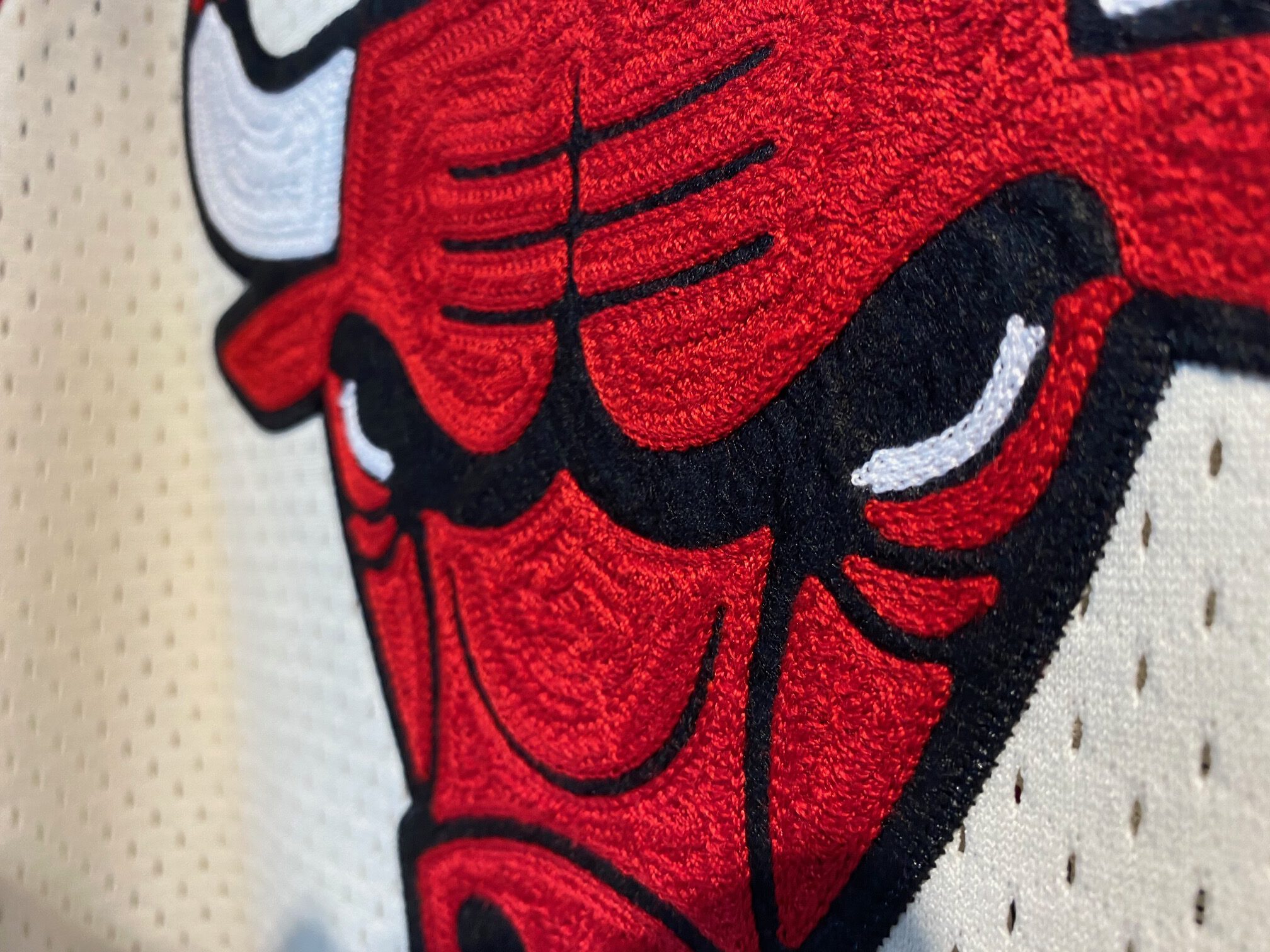
The Crazy Hype About Sports Memorabilia
February 12, 2023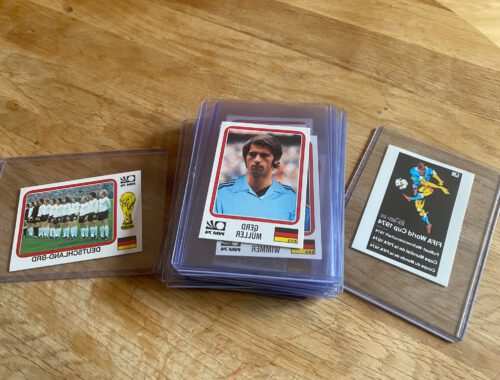
No Panini Stickers for the 2024 Football European Championship – Fans Face a Major Change
June 13, 2024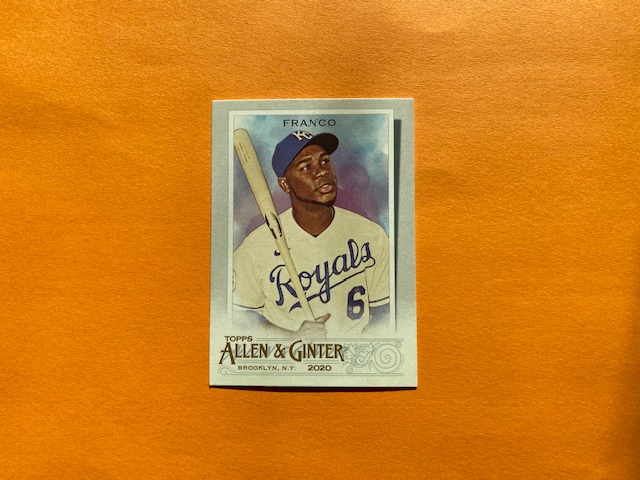

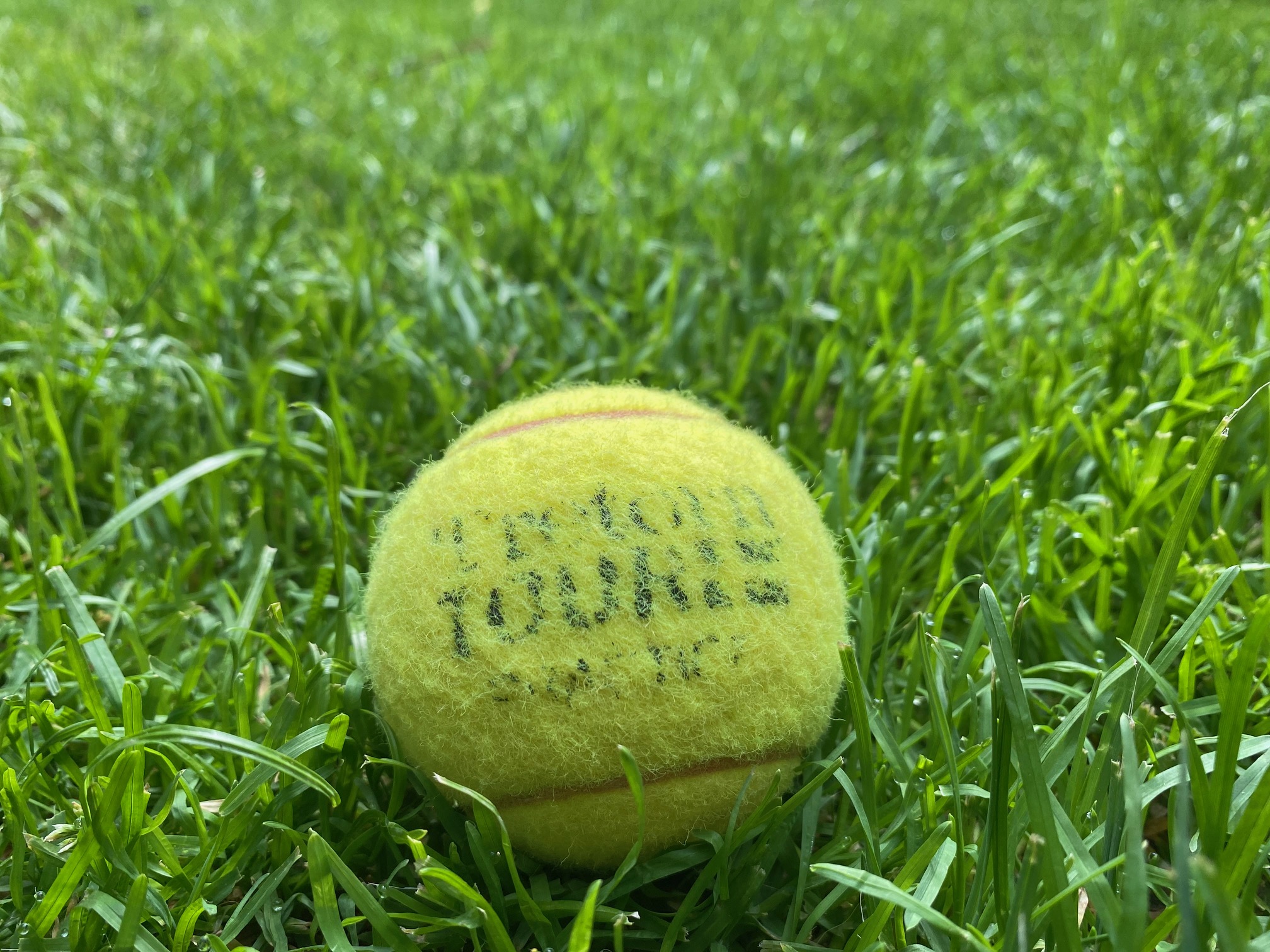
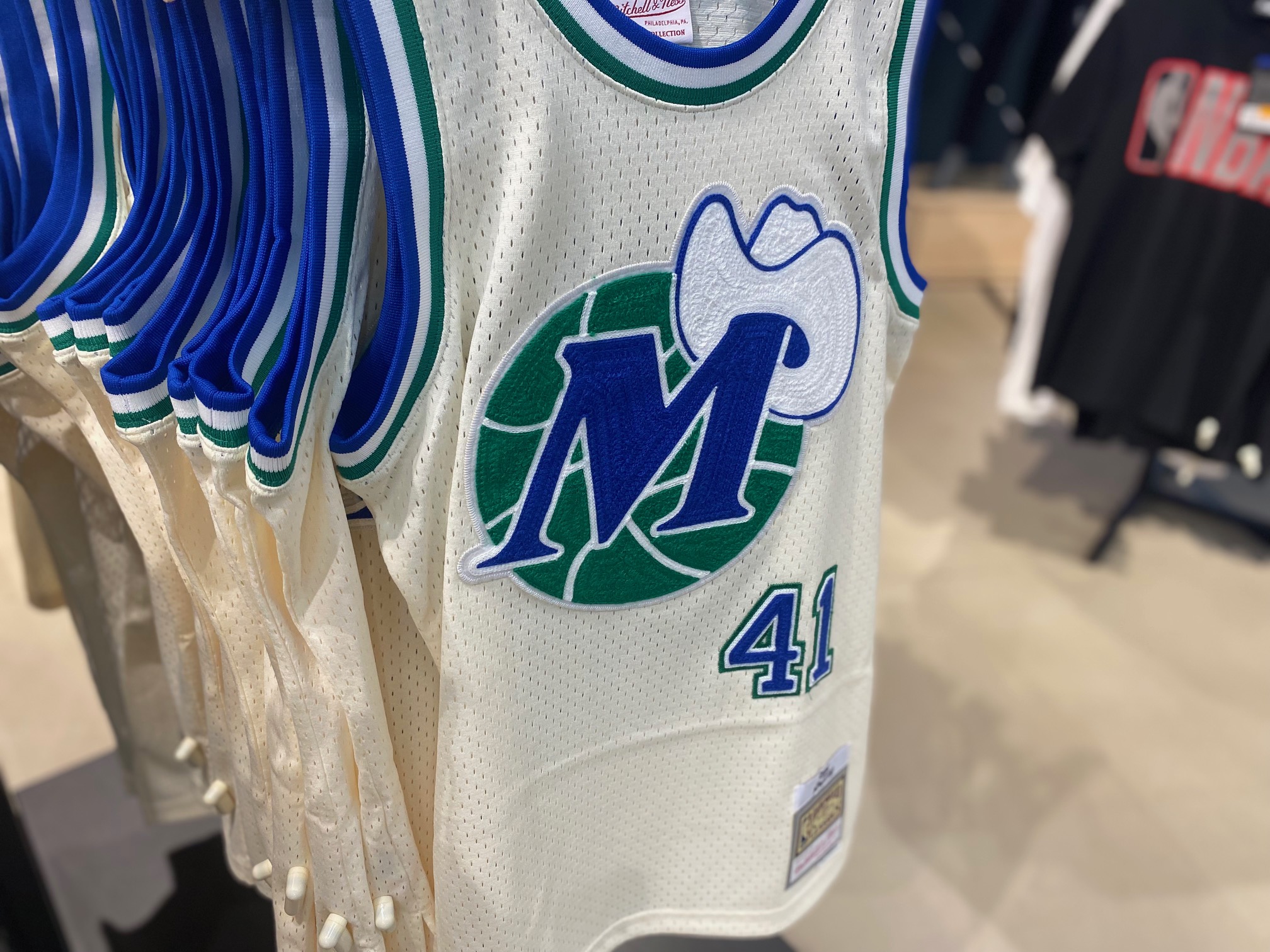
2 Comments
Pingback:
Pingback: